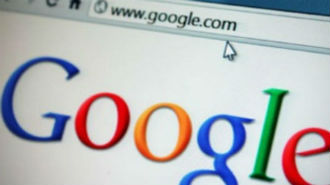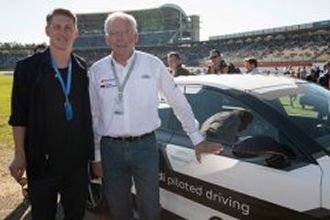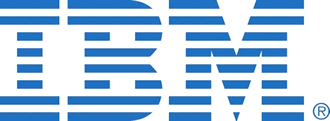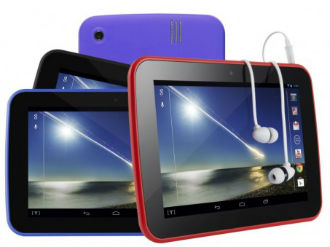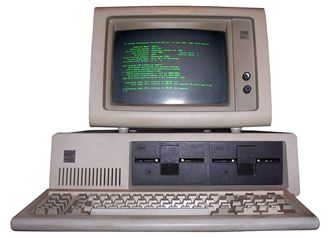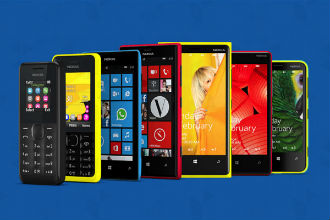 The Nokia brand name can’t be worth very much because Microsoft is going to ditch it from its line of phones.
The Nokia brand name can’t be worth very much because Microsoft is going to ditch it from its line of phones.
It originally planned to use the Nokia name for as long as 10 years but freshly fledged CEO Satya Nadella is obviously revisiting just about everything ex-CEO Steve Ballmer had committed to.
Microsoft bought Nokia for a rather expensive $4.6 billion but the former Finnish mobile phone unit had already seen its fortunes wane.
Microsoft already had a mobile phone division so plenty of people scratched their heads and wondered why it even bothered to pay that much money for a firm that had seen its day.
Microsoft is currently going through a gigantic culling exercise which will see over 12,000 people lose its jobs.
Microsoft, like its long time partner Intel, has never really hit it big in the mobile phone market.
Future phones will be sold under the name of Microsoft Lumia, it appears.


